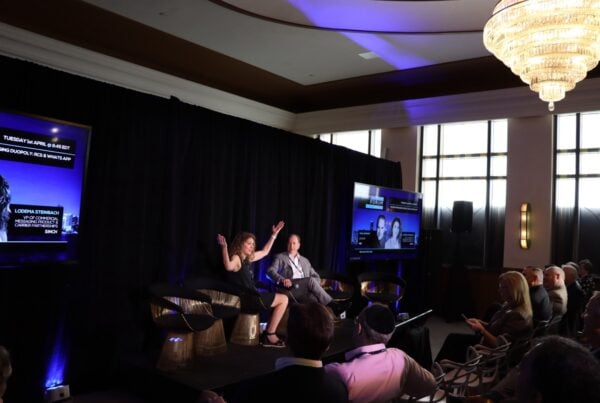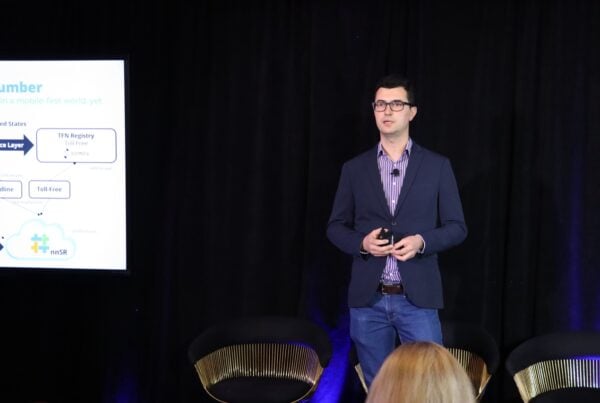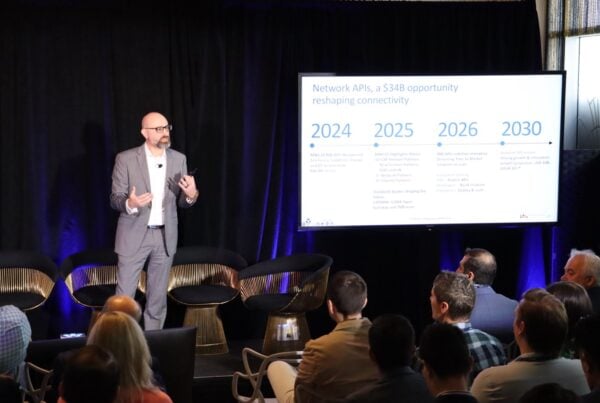Its been more than three years since Steve Job’s stepped aside and Tim Cook was
appointed as Apple CEO. Back then tongue-in-cheek headlines captured the zeitgeist – Cook To Improve Apple Turnover.
Last week’s earnings announcement – with Apple posting the biggest quarterly profit in history (net $18bn) certainly frames Tim Cook as the CEO of his generation, but how much of that reputation is built on decisions that Steve Jobs made when it was very much *his* company?
Below LinkedIn editor John C Abell, discusses Steve Jobs’ legacy in an article which first appeared on LinkedIn Pulse (reblogged here with permission).
Late Tuesday, we learned that Apple has basically moved out of normal company orbit. It’s earning record profits on fat margins and accelerating business as if it were a lean startup — not the largest public company in the world.
But the company is crushing it still largely on a decision made by Steve Jobs in 2004: to put aside development on a tablet and prioritize instead a device that would also be a new category — the smartphone. In Apple’s most recent quarter, it sold 74.5 million iPhones, a record number and 6-7 million more than optimistic analysts had predicted.
Apple is the iPhone company. That one device accounted for 56% 69% of Q1 revenue — up from 56% of last year) (add in iPad sales, and that means iOS accounted for more than 80% three-quarters of everything Apple sold) [Thanks to commenter Bart Vanhaelewyn for catching my errors, and politely pointing them out]. Sales of the iPhone in China did not exceed those in the US, as the Financial Times reported they would. But overall sales in China — a brand new market for iPhone — were up 70% year over year.
Other nifty factoids:
- Profit of $18 billion was the biggest ever reported by a public company
- Cash pile is now $178 billion. That’s $556 for every American, or enough to buy Intel, Cisco, IBM or Amazon
- They sold their one billionth iOS device in November (a 64 gig iPhone 6+)
- Apple and Samsung are now essentially tied for top seller of smartphones. Apple does that with one device (with limited options), and Samsung with a range of models.
Cook has proven himself, and then some. But even in the mourning period for Jobs, his hand-chosen successor was already being criticized. Yes, the knocks were more about Jobs’ uniqueness than Cook’s possible shortcomings. But the point was the same: Apple’s days as the “It” company of IT were now officially numbered.
Perhaps the starkest assessment came from Forrester CEO George Colony, who predicted six months after the death of Steve Jobs that Apple would “decline” like so many companies after the loss of their charismatic founders, who separate the greatest from the greats, he argued.
Cook just didn’t have the right stuff. “Like Sony (post Morita), Polaroid (post Land), Apple circa 1985 (post Jobs), and Disney (in the 20 years post Walt Disney), Apple will coast, and then decelerate,” Colony wrote.
In a retort, Cult of Mac founder and Apple chronicler Leander Kahney said don’t you believe it:
“True, Cook can sometimes come across a little boring compared to the fiery, idiosyncratic Jobs. But Cook has the mojo to be the once and future king.
Much of Apple’s success over the last 10 years can be directly attributed to Cook, particularly in the way the soft-spoken Alabaman pieced together Apple’s supply chain into a fierce weapon the company can use to undercut its competition, dominate resources, ship devices at unprecedented volumes and deliver products that are literally a year ahead of its competitors … all while taking in bigger profits than literally any other force in the industry.”
You could argue that Colony just isn’t right yet. But as Kahney predicted, Cook has surely — to say the very least — played the best hand possible with the great cards he was dealt.
Senior Editor


But it’s still Steve Job’s Apple. The company, which managed to re-invent itself and the tech industry almost on schedule from the day Steve Jobs triumphantly returned as CEO in 1998, is still riding the crest of the Jobs era. Cook is maximizing return. What more do we want of the man?!
Many of us won’t admit it, but what we want is another grand slam. A lot is riding on the fate of Apple Watch, including the first important chapter in Tim Cook’s legacy. This will be the first device of the Cook era. It will launch in April.
I’ve written optimistically of the device for Apple, and more recently that poor battery life may result render stillborn an important tech category nobody has yet turned into a mainstream need.
Colony, for what it’s worth, is still betting against Cook. In September, he wrote Apple Watch was “Beautiful, but a niche product” and that only 10% of iPhone users would buy one. “[N]ot bad, but hardly the ‘breakthrough’ or ‘new chapter’ claimed from the Cupertino stage.”





